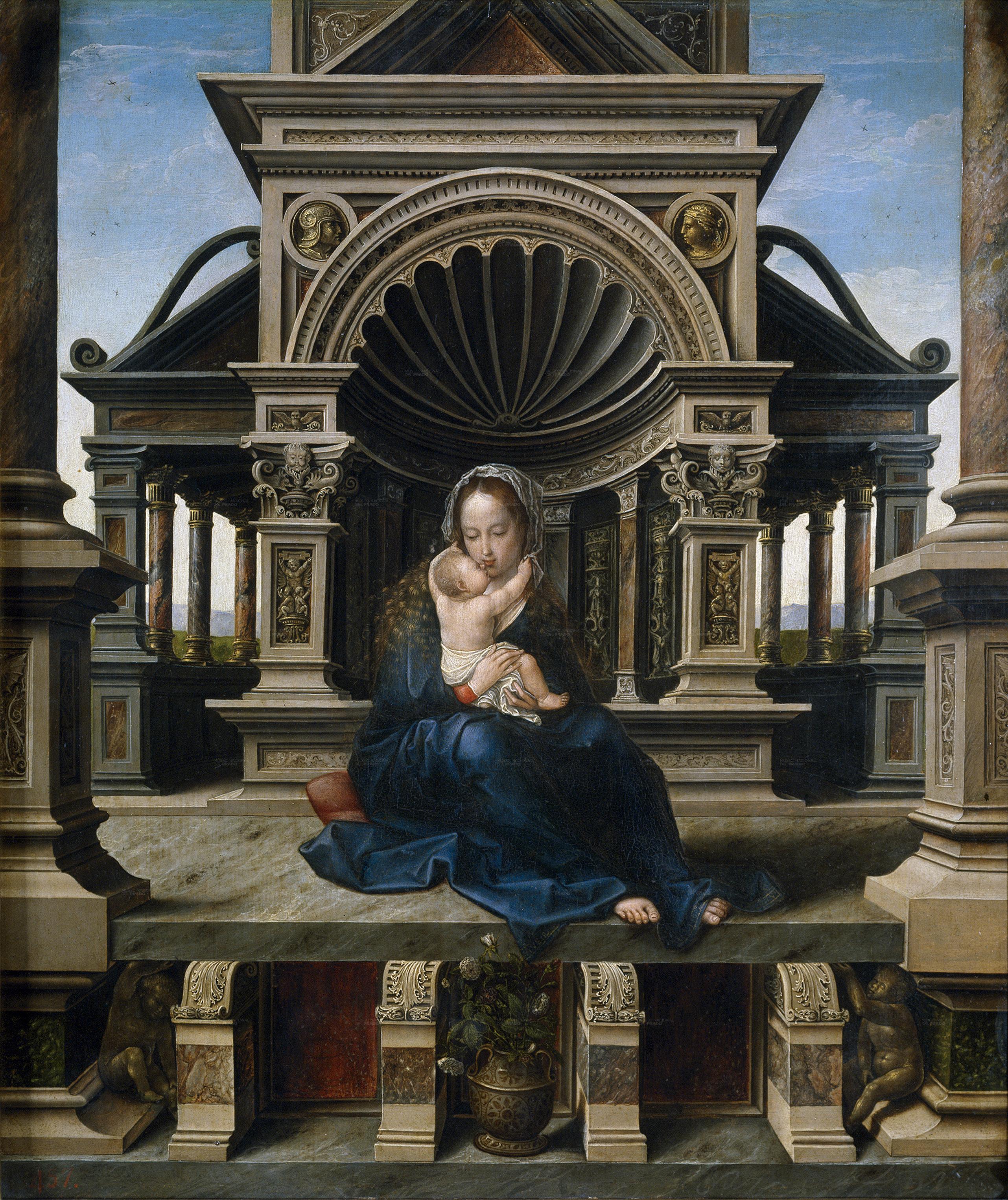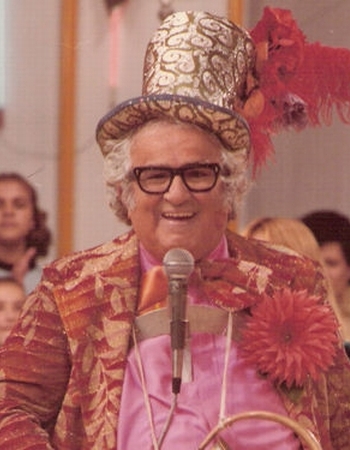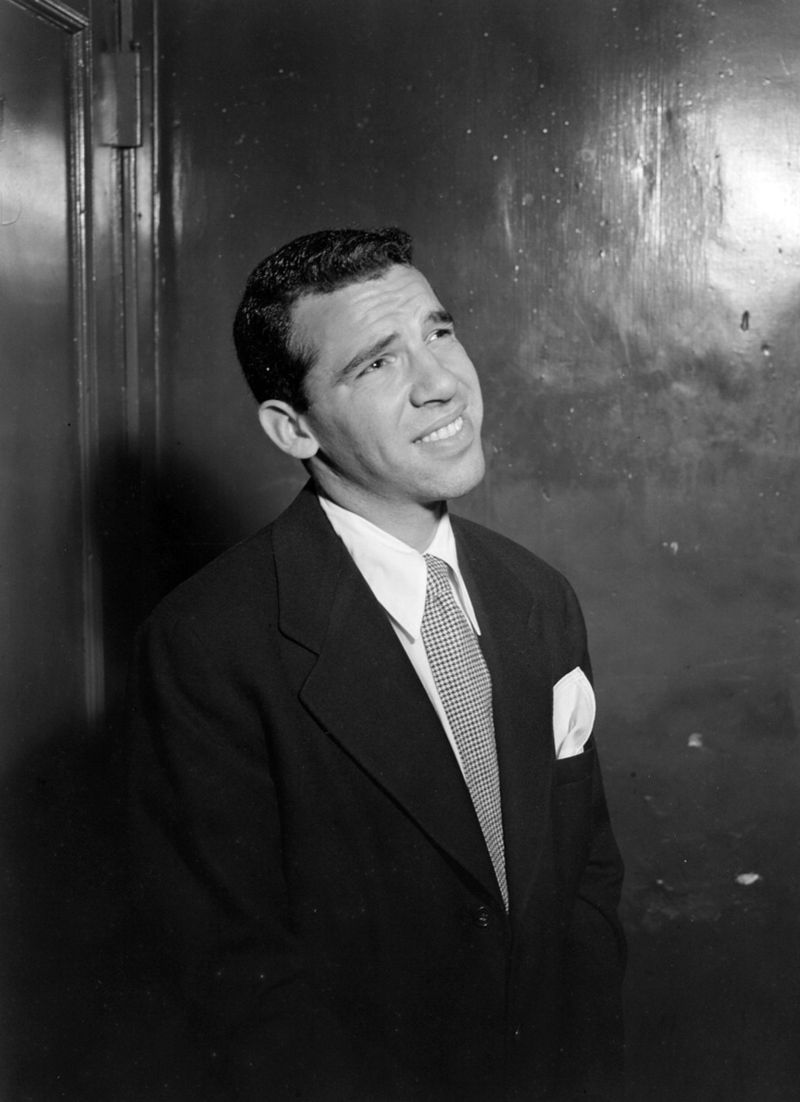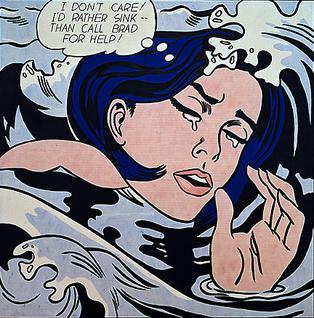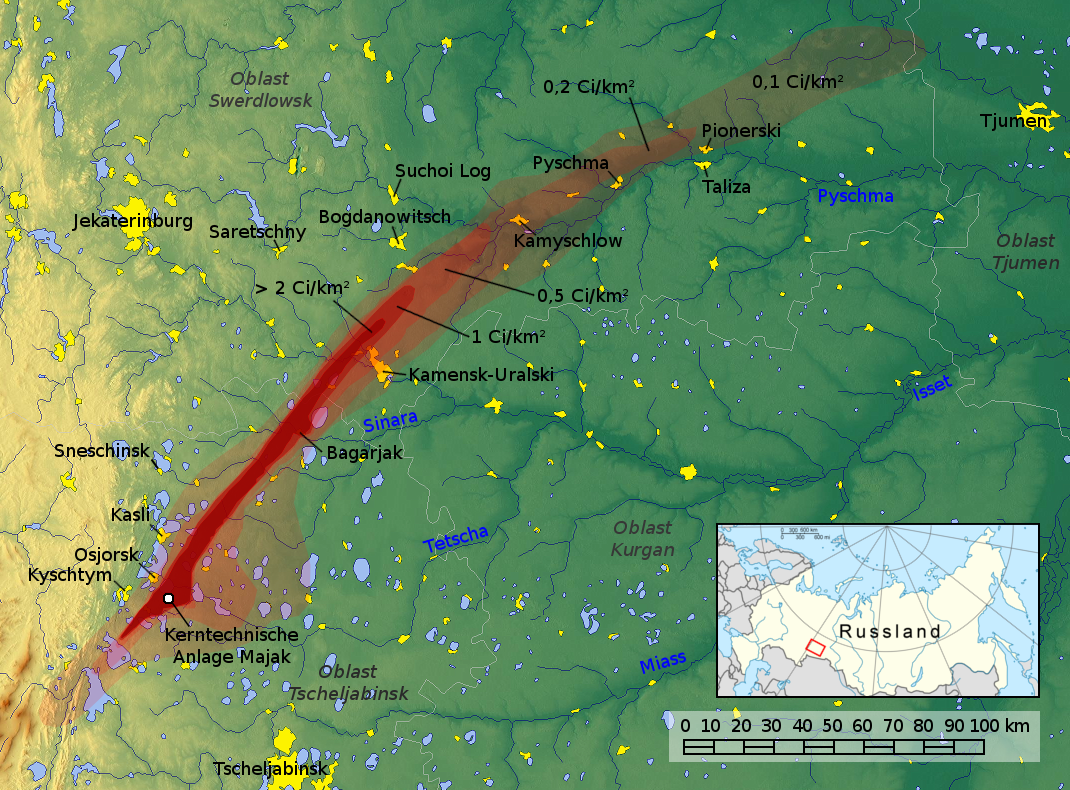Contexto
O Reino de Jerusalém, que perdurava há quase um século, sofria com disputas internas. O recém coroado rei, Guy de Lusignan, enviou boa parte dos exércitos da cidade para enfrentar as forças de Saladino, Sultão do Egito e Síria. Os dois confrontaram-se na Batalha de Hattin (4 de julho de 1187), que acabou sendo um fracasso humilhante para os cruzados. O exército de Jerusalém fora praticamente destruído ou dispersado, e boa parte da nobreza local, incluindo o Rei Guy, acabou sendo capturada. Em setembro, os muçulmanos já dominavam boa parte das regiões vizinhas de Jerusalém. As tropas de Saladino já assumiram o controle das fortalezas cruzadas em Acre, Nablus, Jafa, Toron, Sídon, Beirute e Ascalão.
Balião, senhor de Ibelin, foi um dos poucos lordes que sobreviveram ou escaparam a captura em Hattin. Ele, e outros sobreviventes, tomaram refúgio em Tiro. Balião contactou Saladino e pediu salvo-conduto para Jerusalém, com o propósito de ir buscar a sua esposa, Maria Comnena. O Sultão concordou. Contudo, ao chegar na cidade, Heráclio, Patriarca de Jerusalém e arcebispo de Cesareia, e a Rainha Sibila rogaram que ele permanecesse. Balião concordou e começou a planear a defesa da cidade.
A situação de Jerusalém era precária. A cidade transbordava de refugiados da guerra e havia poucos cavaleiros. Balião então promoveu pelo menos 60 escudeiros e jovens soldados ao título de cavaleiro e começou a guardar comida, armas e dinheiro. Saladino também se preparava para a batalha, trazendo reforços do Egito e da Síria. O seu exército era, naquela altura, superior numericamente as forças dos cruzados.
Apesar das negociações, ambos os lados se preparavam para a guerra. Saladino exigia a rendição da cidade, mas Balião queria negociar numa posição mais favorável. Em 20 de setembro a cidade já estava completamente cercada. Por dias, os muçulmanos começaram a bombardear Jerusalém com disparos de catapultas e manganelas. Pedras incendiárias cobertas com fogo grego eram disparadas por pesados trabucos. Por pelo menos seis dias, escaramuças se seguiram com poucos resultados. As forças de Saladino investiram diretamente contra os muros da cidade diversas vezes, mas não conseguiram quebrar suas defesas. Os sarracenos então focaram os seus ataques pelo Monte das Oliveiras, numa área pouco protegida. Em 29 de setembro, os muros daquela região cederam. Balião e os defensores cruzados, exauridos pela batalha, não tinham como defender a cidade por muito mais tempo. Em outubro, as negociações recomeçaram. Saladino permitiu que os habitantes da cidade pudessem deixa-la, mediante o pagamento de uma taxa (ou resgate). Balião argumentou que havia pelo menos 20 mil refugiados que não tinham dinheiro o suficiente para pagar o valor. O sultão então concordou em baixar os valores. Mais tarde, mulheres, crianças, velhos e doentes foram permitidos partir sem pagar nada. Ao menos outros milhares de pessoas também foram permitidas evacuar a cidade.
Enquanto isso, notícias da desastrosa derrota chegaram à Europa. A conquista completa das terras ao redor de Jerusalém só viria no verão de 1187. Planos começaram então a ser feitos para uma nova incursão militar. Em 29 de outubro, antes mesmo que as noticias da queda de Jerusalém chegassem ao continente, o Papa Gregório VIII emitiu uma bula pontifícia (a Audita tremendi), convocando uma nova cruzada. A expedição partiria apenas em 1189, com três contingentes separados, vindos da Inglaterra, da França e da Alemanha. A nova cruzada, contudo, não conseguiu reaver Jerusalém para os cristãos.
Chris de Burgh - Crusader
"What do I do next?" said the Bishop to the Priest,
"I have spent my whole life waiting, preparing for the Feast,
And now you say Jerusalem has fallen and is lost,
The King of Heathen Saracen has seized the Holy Cross;"
Then the Priest said "Oh my Bishop, we must put them to the sword,
For God in all His mercy will find a just reward,
For the Noblemen and sinners, and Knights of ready hand
Who will be the Lord's Crusader, send word through all the land,
Jerusalem is lost,
Jerusalem is lost,
Jerusalem is lost,"
"tell me what to do," said the King upon his throne,
"But speak to me in whispers, for we are not alone,
They tell me that Jerusalem has fallen to the hand
Of some bedevilled Eastern heathen who has seized the Holy Land;"
Then the Chamberlain said "Lord, we must call upon our foes
In Spain and France and Germany to end our bitter wars,
All Christian men must be as one and gather for the fight,
You will be their leader, begin the Battle cry,
Jerusalem is lost,
Jerusalem is lost,
Jerusalem is lost,
Ooh, high on a hill, in the town of Jerusalem,
There stood Saladin, the King of the Saracens,
Whoring and drinking and snoring and sinking, around him his army lay,
Secure in the knowledge he had won the day;
A messenger came, blood on his feet and a wound in his chest,
"The Christians are coming!" he said, "I have seen their Cross in the West,"
In a rage Saladin struck him down with his knife,
And he said "I know that this man lies,
They quarrel too much, the Christians could never unite!
I am invincible, I am the King,
I am invincible, and I will win..."
Closer they came, the army of Richard Lionheart,
Marching by day and night, with soldiers from every part,
And when the Crusaders came over the mountain and they saw Jerusalem,
They fell to their knees and prayed for her release;
They started the battle at dawn, taking the city by storm,
With horsemen and bowmen and engines of war,
They broke through the city walls,
The Heathens were flying and screaming and dying,
And the Christian swords were strong,
And Saladin ran when he heard their victory song;
"We are invincible, God is the King,
We are invincible, and we will win!"
"What do I do now?" said the Wise man to the Fool,
"I have spent my whole life searching, to find the Golden Rule,
Though centuries have disappeared, the memory still remains;
Of those enemies together, could it be that way again?"
Then the Fool said "Oh you Wise men, you really make me laugh,
With your talk of vast persuasion and searching through the past,
There is only greed and evil in the men who fight today,
The Song of the Crusader has long since gone away,
Jerusalem is lost,
Jerusalem is lost,
Jerusalem is lost,
Jerusalem."



